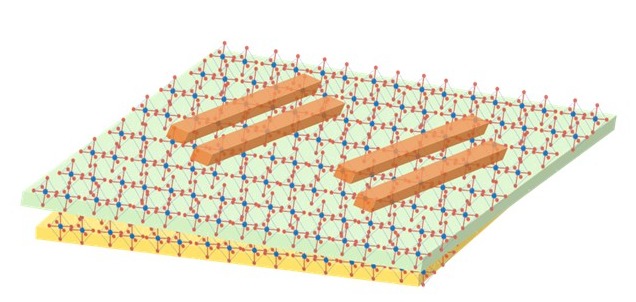NWO M-2 grant for energy-efficient computer hardware
The Netherlands Organisation for Scientific Research (NWO) has awarded an Open Competition Science-M grant to Prof. Tamalika Banerjee and Prof. Bart Kooi of the Zernike Institute for Advanced Materials (Faculty of Science and Engineering, UG). They will receive an M2 grant of EUR 750,000 for research contributing to the development of energy-efficient computer hardware.
M grants are intended for innovative and high-quality research with scientific urgency. An M-2 grant is awarded to projects led by two researchers and runs for five years.
New computing paradigms
To cope with the exponential growth of energy use for ICT applications, there is an urgent need for new computing paradigms based on innovative material systems. Banerjee and Kooi's research focuses on applying quantum materials in new energy-efficient computing hardware for amongst others Intel’s computing device MESO and for other in-memory and edge computing applications.
The road ahead
To achieve this, the researchers will explore a novel approach in which individual nanolayers of a multiferroic oxide are stacked with a controlled twist to generate moiré patterns. Using advanced techniques, they will study the resulting magnetoelectric properties and atomic structures. These include magnon transport and ferroelectric displacements at the atomic scale. This is expected to open a new direction for the design and engineering of moiré devices using Twistronics.

For an overview of the latest M-2 awards in the Science domain, visit the NWO website.
More news
-
10 February 2026
Why only a small number of planets are suitable for life
-
09 February 2026
Can we make the earth spin in the opposite direction?
